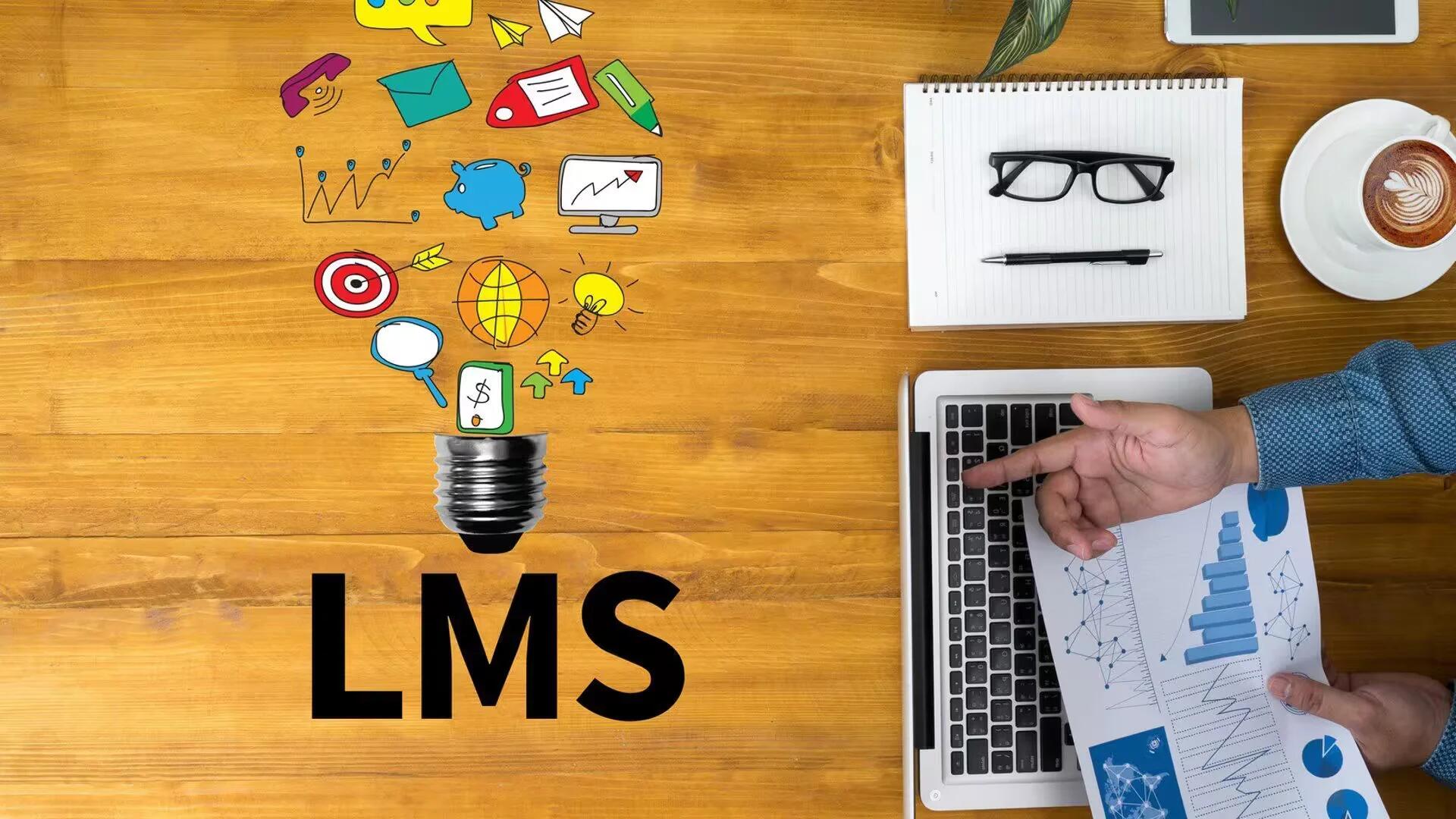Learning Management Systems (LMS) are undergoing a rapid transformation as is the case with most SaaS solutions. Advancements in the field of cloud computing, development of the mobile technology and social integration are just a few factors that are contributing to this transformation.
The question to ask now, is how does the future of LMS look like? Gone are the days when LMS followed rigid and static architecture. In the past when it was built with the core focus for the efficient distribution of learning content but things have changed now. The new generation of LMS is more responsive, user-centric and helping learners align training to their business’ strategy.
While it is tough to predict what might happen over the next few years, there are some key trends that can be seen right now that may point us in the right direction, as far as the evolution of LMS is concerned.
Use of Virtual Reality and Augmented Reality
One thing that we can be considerably sure of, is that Virtual Reality (VR) and Augmented Reality (AR) will play a big role as accessories to LMS. The benefits of AR and VR in LMS are simply too much and cannot be ignored. VR offers an extremely engaging and immersive experience to learners presenting them with powerful opportunities to accelerate learning and personal development.
In the near foreseeable future, educators and trainers should be able to implement VR and AR tools to create realistic and practical simulations of scenarios that were not possible before. It is a known fact that most people respond better to simulation-based learning as opposed to theoretical learning.
Demand for Cloud-Based LMS
The times when you had to have your own resources and staff managing servers and firewalls to have some sense of security and control are long gone. This is the age of cloud computing. Cloud-based LMS have truly arrived as a means to provide efficient, affordable and reliable ways to impart training.
As eLearning continues to emerge as a popular mode of modern training, cloud-based LMS is becoming the tool of choice for organizations looking to deliver cost-effective and platform-independent education. Among some of the benefits offered by a cloud-based LMS are — enhanced data security, lower costs, faster deployment, more storage space, easy maintenance etc.
There is every indication that cloud-based LMS will continue to define the future of eLearning and LMS will evolve around this technology in days to come.
Increased Personal Learning Environments (PLEs)
LMS is no longer limited to what the software vendor develops. Some of the best LMS support integration with third-party services, blogs, and social media to enhance the collaborative learning experience. In fact, probably the biggest advantage of mobile-based LMS lies in their ability to provide an extremely personalized learning experience.
There are four key additions to PLE that can enhance the user experience, including:
- An interface that can be tweaked to meet end user’s requirements and choices — like the freedom to bring in blogs, YouTube channels, Twitter feeds and LinkedIn into their learning dashboards — which can be used for adaptive learning and hone expertise at any time and from any place.
- A semantic search functionality with an inherent ability to understand and track the learner’s search intent and context.
- A PLE capable of figuring out learners’ interests and identifying the gap areas in knowledge and pro-actively suggesting new courses, social communities, and networks for further improvement.
- An option for integrating user-generated content, so as to allow for knowledge contribution through discussion.
While most modern LMS already provide some amount of personalized learning by implementing start and stop modules (learning at user’s convenience), the current trend points to an increase in a more personalized learning experience in the near future, away from the traditional techniques.
Gamification
Gamification is all about the technique of applying game-related principles — particularly the ones related to user experience and engagement — to other non-game contexts such as learning and education. It is currently a rather underutilized element in modern eLearning but is critical to engaging today’s learners and enabling knowledge mastery.
Research has shown that those games tend to be more engaging, allow learners to understand a theory faster and in a more competent way. Some modern LMS have started integrating the Gamification principles in their training framework as a result. Tin Can API, for example, has introduced a common approach to designing, running and tracking games and simulations and is finding a wide acceptance with most modern LMS.
More In-App Feedback and Data
One other feature that has been trending in the field of LMS is the ability to allow regular feedbacks and improved tracking functionality. As feedback plays a crucial role in learning, employers are always looking out for ways to not only train their employees but also to keep them engaged. As a result, modern eLearning tools have started integrating checkpoints and various other social features that allow for more efficient data collection and feedback.
Talent Management
In the past, organizations (HR professionals and counselors) relied on Talent Management (TM) systems to identify knowledge gaps in learners and track their progress. Today, the line between talent management and learning management is increasingly getting blurred, thanks to the modern LMS.
The modern LMS goes beyond enrolling learners and providing course materials at one go. It has started incorporating TM, where student’s learning curve is analyzed and appropriate learning material is assigned that matches their pace of learning.
The final words
At the end of the day, no one can guarantee what makeover the LMS will eventually endure over the course of a year or two, but there is also no denying the fact that today’s LMS is not what it was ten years ago. The ideas mentioned above, however, are indicative of the growth of the LMS industry. It is evident that the world of LMS is moving away from the old-fashioned into something more practical and relevant.
